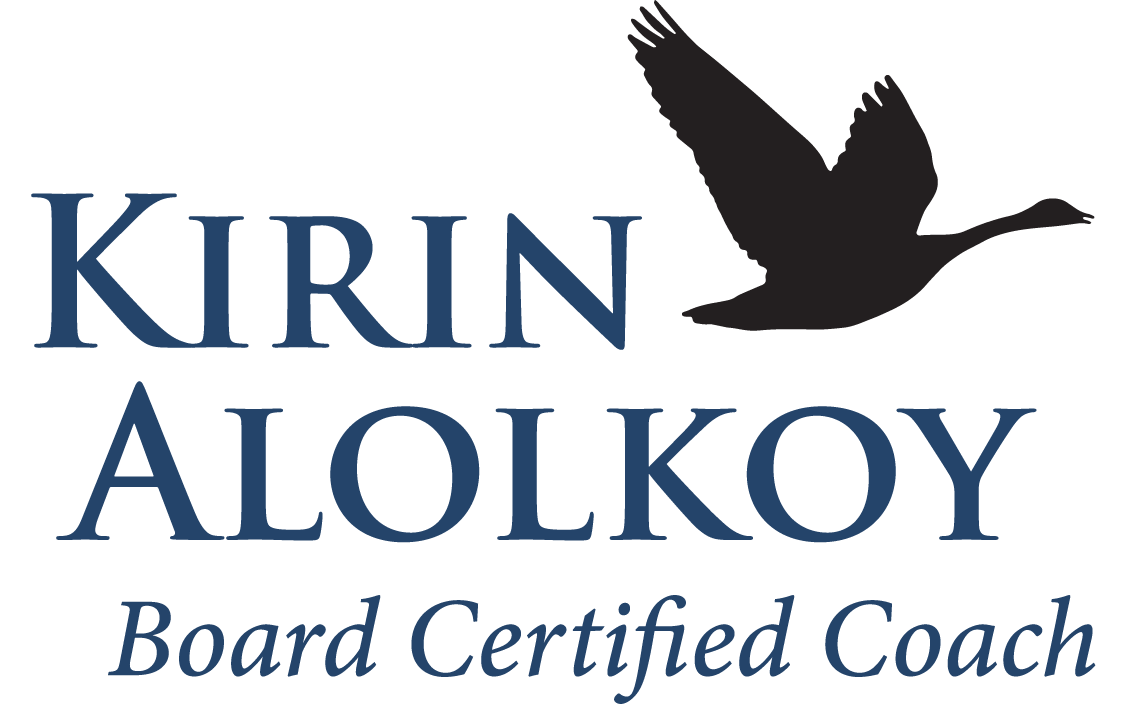Change—Good or Bad?
When people think about change, many miss the distinction between changing to meet other people’s needs or standards and changing as we grow into our best selves. In missing this distinction, it’s possible to cheat ourselves out of opportunities to expand our lives and create the life we dream of for ourselves.
Changing to meet other people’s standards is a message we receive in myriad forms in our culture. Most everyone has heard “If you loved me, you’d [fill in the blank]” at some point in their life. And we all absorb countless messages to that effect as children when we’re essentially molded by our primary caretakers, teachers, and others into the people they think we should be, often with little regard for our basic nature or a healthy climate in which to develop.
As children, we’re generally too bonded with these people to be able to discern whether the changes are in our best interests—and too young to exercise a sense of agency and choice. Many of us grew up with a compliant part (aspect or subpersonality) dominating our personality because that was required to survive in our childhood environment. And because of the way the human psyche works, a “shadow” side—comprised of denied aspects of the self—developed that was the polar opposite of this compliant part.
As a result of this dynamic, many grow to adulthood clinging to a resistant part of us that seems to be saying, “Damn it, nobody is gonna change me!” That part, in its well-meaning attempt to protect our autonomy, may go overboard and prevent us from continuing to grow and evolve.
Growing into our best selves is an altogether different kind of change from altering ourselves to meet someone else’s expectations. I think of it as allowing the seed in each of us to germinate, sprout, and flourish. Imagine, if you will, that each of us is a unique seed; you may be an orchid, while I may be a sunflower. You can either grow into a healthy orchid or a distorted orchid, but nothing in the world is going to turn you into a sunflower or an iris or a lilac. Embracing your “orchid-ness” and letting go of the impulse to change your basic nature is an act of courage that puts you squarely on your true path.
What conditions will support you to grow into a healthy orchid? How can you support yourself in your quest to live your best life?
• Envision it.
Creating an inspiring vision of your best life will fuel the journey to achieving it.
• Claim it.
Allow yourself to want what you want. Let it fill you until you can see it, taste it, breathe it, and feel it in every cell. Claiming a goal aligns your energy in pursuit of it.
• Identify steps to making it real.
A big goal may seem insurmountable. Breaking it down into doable steps removes the daunting factor.
• Seek out new input to help you move through obstacles.
If you have a dominant “no one’s gonna change me” part—or another part—that’s interfering with forward momentum, work with a life coach who incorporates the Internal Family Systems (IFS) approach. This unique approach to life coaching can help you develop a relationship with “resistant” parts, discover their wisdom and positive intent, and make course corrections to help you align with your deepest wisdom. Seek support to look at your quest from new angles and bring new input into your system.
• Go for it.
Apply yourself, work your butt off, and don’t let anything stop you.
• Trust the process.
Remember to be patient with the ups and downs. Things are moving forward, even if it’s not always evident on the surface. For inspiration, check out this Marge Piercy poem.
• Use everything on your path to grow.
Live your life as though the answer to “Why did this happen?” is never “Because life sucks.” Embrace the learning in every situation. Seek out the silver linings. Keep on keepin’ on.

“To know truth, one must get rid of knowledge. Nothing is more powerful and creative than emptiness.”
— Lao-Tsu
